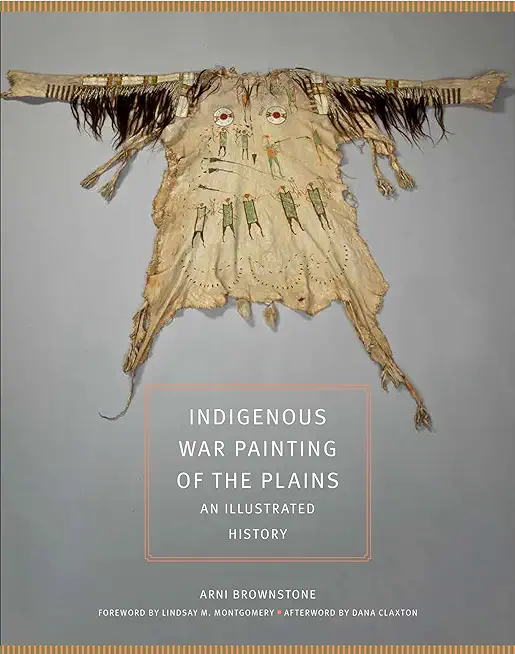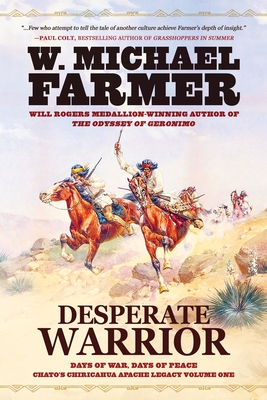
Brownstone, Arni
product information
description
h centuries, the Indigenous peoples of the Great Plains practiced an archival art--narrating war exploits in large-scale paintings executed on animal hide robes, shirts, tipi covers, and tipi liners. Essentially autobiographical, the paintings were worn and lived in by the men whose war exploits they portrayed, and were made to be "read" by the public at large. Executed in a pictorial narrative style and documenting actual events, these paintings blend visual art and history. Indigenous War Painting of the Plains is the first comprehensive look at this important North American art form, covering the full corpus of war paintings from fourteen tribes across the plains. Two impediments have previously made such a book impractical: photography alone falls short of rendering war paintings for the printed page, and only about half of the surviving works have reliable documentation on their cultural origins. Arni Brownstone surmounts these difficulties by producing precise electronic redrawings and by using well-documented paintings to inform poorly documented examples, bolstered by a careful examination of collection histories. Featuring some 300 photographs and electronic redrawings, the book focuses on 83 paintings organized into four chapters covering the paintings of tribes associated with a specific geographical sphere of artistic influence. Four appendixes feature paintings combined with "translations" by Indigenous collaborators who had intimate knowledge of the depicted events. Offering vivid access to the key works of war painting preserved in 37 museums throughout North America and Europe, Indigenous War Painting of the Plains illuminates distinctions between painting styles of different tribes, reveals how they influenced one another and changed over time, and conveys a deep understanding of how war painting developed in relation to profound social changes in Plains Indian cultures.
member goods
No member items were found under this heading.
Return Policy
All sales are final
Shipping
No special shipping considerations available.
Shipping fees determined at checkout.







